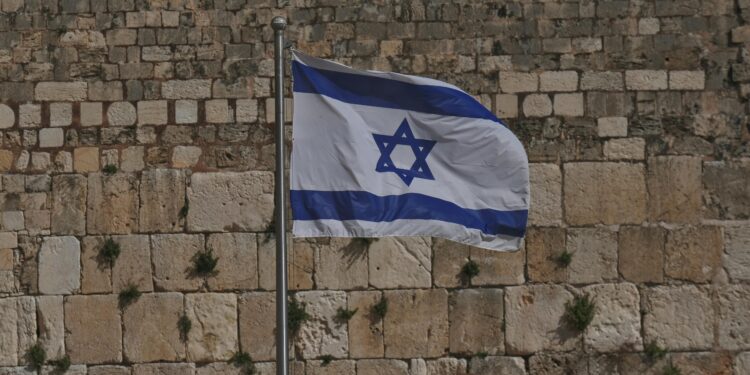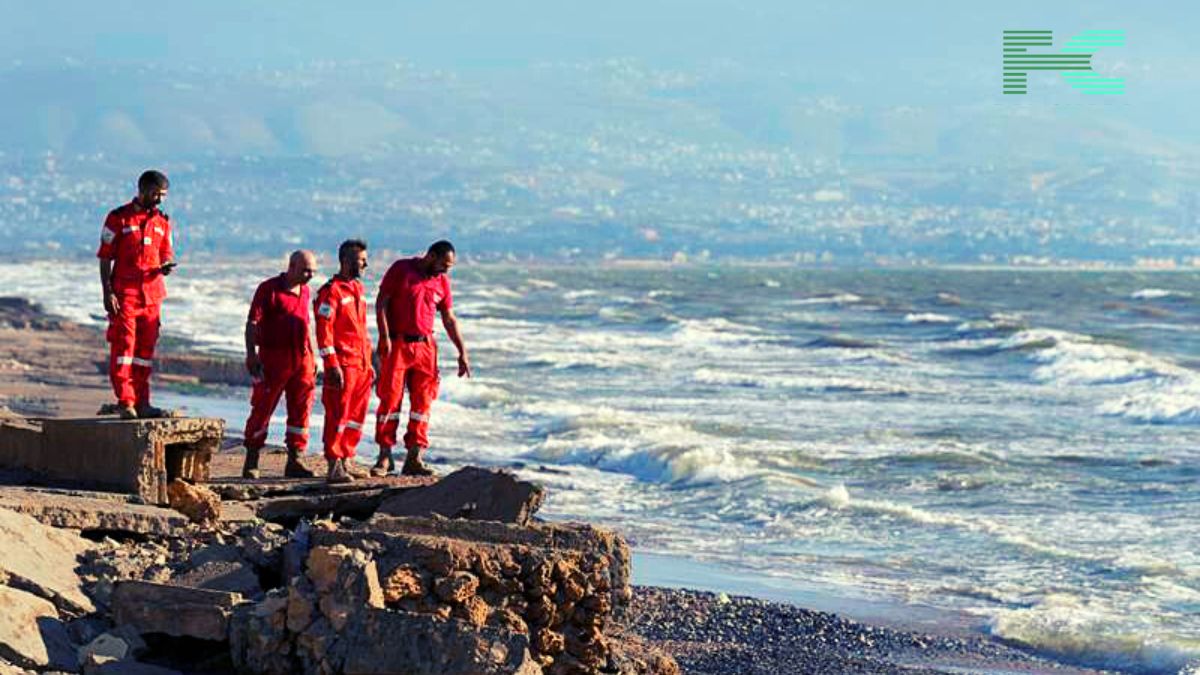Prominent Jewish figures, including Israel’s President Isaac Herzog and UK Chief Rabbi Sir Ephraim Mirvis, conspicuously avoided an international antisemitism conference in Jerusalem this week, protesting the inclusion of politicians linked to Europe’s far-right movements.
The high-profile boycott overshadowed Israeli Prime Minister Benjamin Netanyahu’s stark warnings about rising global antisemitism, as the event became embroiled in controversy over its controversial guest list.
Netanyahu Issues Holocaust-Era Warning Amid Growing Tensions
Speaking at the conference organized by Diaspora Affairs Minister Amichai Chikli, Netanyahu drew direct parallels between current antisemitic trends and the 1930s climate that preceded the Holocaust.

“The fate of free societies is tied to the willingness to fight the scourge of antisemitism,” he declared, quoting his father’s 1933 writings about racial hatred. Yet his message competed with growing discomfort over platforming representatives from France’s National Rally, Spain’s Vox, and Sweden Democrats—parties with documented histories of antisemitic associations.
UK and Israeli Leaders Take Stand Against Far-Right Normalization
The boycott gained momentum when Lord John Mann, the UK government’s antisemitism advisor, bluntly refused his invitation, stating there was “nothing for the UK to learn” from such attendees. Chief Rabbi Mirvis’ office confirmed his absence stemmed directly from the far-right participation, while President Herzog opted to host an alternative gathering with Jewish leaders—a move widely interpreted as diplomatic distancing from the main event.
Controversial Attendees Defend Their Place at Summit
The presence of National Rally president Jordan Bardella proved particularly contentious, given his party’s foundation by convicted Holocaust denier Jean-Marie Le Pen. Though the 29-year-old French politician avoided addressing this legacy directly, he positioned his party as a “shield” for French Jews against what he termed “the Islamist totalitarianism of the 21st century”—a frequent talking point among European far-right groups. Bardella’s itinerary included visits to Yad Vashem and sites of Hamas’ October 7 attacks, attempts to bolster his movement’s pro-Israel credentials.
In addition, the summit’s programming revealed Israel’s growing isolation on the world stage, with panels tackling perceived anti-Israel bias in international institutions and the International Criminal Court’s war crimes warrant against Netanyahu. Diaspora Minister Chikli, who has actively cultivated ties with Europe’s far-right, defended their inclusion by accusing critics of spreading “lies” about both Israel and these political figures.
Why It Matters
This incident has thrown light on the continued tensions between combating contemporary antisemitism and historical memory. While Marine Le Pen has attempted to distance her party from her father’s overt antisemitism, her recent emotional comments about regretting his expulsion—coupled with Bardella’s avoidance of this history—left many Jewish leaders unconvinced of the National Rally’s transformation. As the conference concluded, the conspicuous absences of mainstream Jewish figures spoke louder than many of the speeches, highlighting the ongoing debate about what alliances are permissible in the fight against hatred.

















